Top 9 Anise Benefits For Health, How To Use It, & Nutrition
This aromatic spice may do wonders for your health, but you also need to look out for some risks!
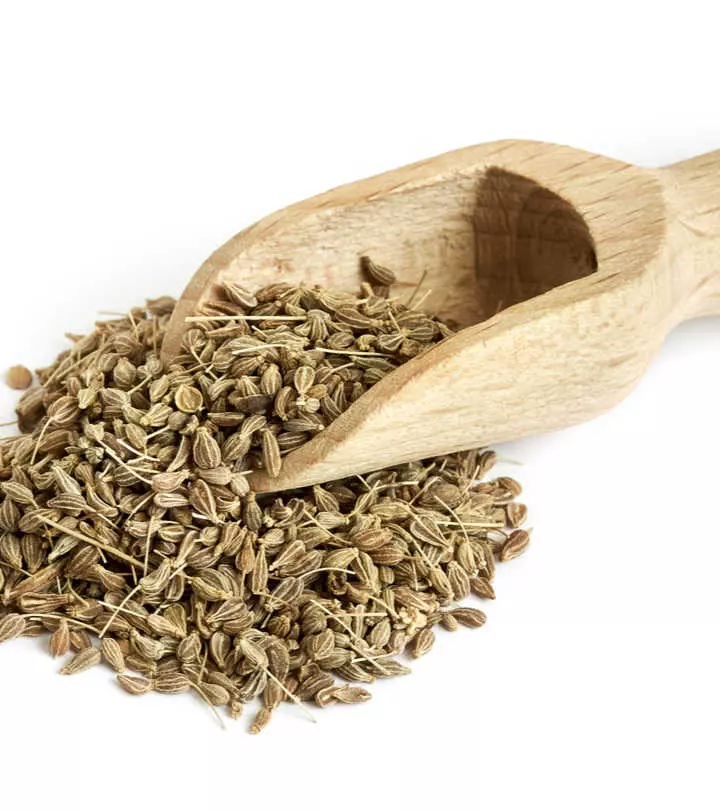
Image: ShutterStock
Pimpinella anisum, popularly known as anise, is an aromatic spice and a nutrient-rich herb. It is used in treating various health ailments. The health benefits of anise include better digestion and reduced menstrual pain. It also alleviates symptoms of depression. These benefits can be attributed to its powerful nutrients. Learn more about this unique herb, the health benefits associated with its consumption, its nutrition facts, tasty recipes, and potential side effects. Continue reading.
 Know Your Ingredient: Anise
Know Your Ingredient: AniseWhat Is It?
Small, nutrient-rich, aromatic, brownish-gray seeds.
What Are Its Benefits?
It may reduce menstrual pain, relieve menopause symptoms, aid digestion, and decrease the symptoms of depression.
Who Can Consume It?
People with chronic indigestion, flatulence, and irritable bowel syndrome can consume it on the recommendation of their doctor.
How Often?
You can consume 3 grams of it after each meal daily.
Caution
People with tree nut allergies should avoid taking anise seeds.
In This Article
What Is Anise?
Anise is a flowering plant also known as aniseed, anis vert, and anix. It has been cultivated by Egyptians for around 4,000 years. Anise seeds taste like licorice and are used as a breath freshener. Anise is oblong in shape and is widely used to add flavor to food, liquor, and traditional medicine. Anise essential oil is another form of anise derived from the extraction or steam distillation of anise seeds. Also, anethole is the most important active component of anise that is responsible for its flavor and odor.
 Fun Fact
Fun FactHere are the quick facts about anise.
Key Takeaways
- Anise is a popular spice that has antifungal and anti-inflammatory properties.
- It may improve digestion, ease menstrual pain, and regulate blood sugar levels.
- Anise can be taken in the form of tea, or you can make cookies with it at home.
- Avoid consuming anise if you have a tree nut allergy.
Quick Facts About Anise
Scientific name:
Pimpinella anisum
Origin: First cultivated in Egypt and the Middle East.
History: It was brought to Europe for its medicinal properties.
Active Component: Anethole
Properties: Anti-fungal and anti-inflammatory
Available in: Bright olive-green to gray-brown color
 Fun Fact
Fun FactAnise is said to possess many medicinal properties that help in treating several health ailments. What are the health benefits of anise? Scroll down to know.
9 Impressive Health Benefits Of Anise
Anise provides numerous benefits, from improving digestive health to regulating blood sugar levels. All of its benefits are discussed below along with various scientific studies supporting them to prove their effectiveness. Read on.
1. May Improve Digestion

Anise is said to possess carminative properties that are used to decrease bloating. In a study, 20 patients who received anise for 5-days had improved bowel function. It also could improve the number of evacuations per day and its laxative effect may help fight constipation (1). Anise has its prominence in traditional Persian medicine for the treatment of bowel disorders. A study conducted on 120 patients with irritable bowel syndrome (IBS) found that anise oil can improve symptoms like bloating, abdominal discomfort, constipation severity, difficulty in defecation, and diarrhea (2).
Anise has been used as a remedy for indigestion since ancient times. It can improve conditions like bloating, fullness, and early satiety (3). Also, aqueous suspension (water-based) of anise could reduce gastric ulcers in rats. It could inhibit gastric mucosal damage and reduce acid secretion through its anti-secretory and antioxidative properties (4).
2. May Reduce Menstrual Pain
Anise can effectively reduce menstrual pain in the case of primary dysmenorrhea (pain in the lower abdomen that occurs just before or during menstruation).
A study conducted by the Shahid Beheshti Medical University, Iran, on 180 female students aged 18 to 27 with primary dysmenorrhea, found that the group who received 500 mg of the herbal drug (saffron, anise, and celery seed) 3 times a day for 3 days could find relief from menstrual pain (5). Anise has an antispasmodic property that relieves the involuntary contractions of muscles (6).
3. May Decrease Symptoms of Depression

Depression is estimated to affect more than 350 million individuals worldwide. Anise is said to possess antidepressant and anti-anxiety effects that help fight against depression. In one mice study, the alcoholic extract of anise showed effectiveness in treating depression (7). Also, anise oil is an effective remedy in relieving the symptoms of mild to moderate depression (8). Anise also may help treat postpartum depression (mood disorder that occurs after childbirth) (3).
4. May Help Relieve Menopause Symptoms
Did you know that each year around 1.5 million women experience menopausal symptoms like hot flashes, vaginal dryness, fatigue, joint pain, insomnia, and decreased libido (9)? Anise can relieve the frequency and severity of hot flashes in postmenopausal women. In one study, each woman in the experimental group that took a capsule containing 330 mg of anise 3 times a day for 4 weeks noticed a reduction in the frequency and severity of hot flashes (10). Also, the essential oil of anise contains estrogenic agents like anethole that help alleviate menopausal symptoms (11), (12). Such estrogenic activity may help in the management of bone density and prevent bone loss in postmenopausal women (13). However, more research is needed to understand this benefit of anise.
5. May Regulate Blood Sugar Levels

Anise seeds contain 50 potential anti-diabetic compounds that help maintain blood sugar levels (14). Anethole is said to possess anti-diabetic properties and also helps in treating several chronic diseases (15). In one study conducted by Annamalai University, India, on diabetic rats, trans-anethole was found to have hypoglycemici A patient whose blood sugar level is lower than normal, along with symptoms like sweating, confusion, and hunger. activity and may help reduce high blood sugar levels by regulating the key enzymes in carbohydrate metabolism (16).
6. May Prevent Microbial And Fungal Growth
Anise fruit extract exhibits strong anti-fungal activities and acts against certain fungal species like Candida albicans, C. parapsilosis, C. tropicalis, C. pseudotropicalis, and C. krusei. The anise essential oil is also effective against certain types of yeasts and dermatophytesi A group of fungi that needs keratin for growth to cause superficial infections on the skin, nails, and hair. that may lead to infections (17). The trans-anethole in anise oil exhibits anti-fungal properties (18). It can also be effective against multidrug-resistant toxigenic strain Vibrio cholerae O1 E1, which may lead to cholera (19).
7. Has Anti-Inflammatory Properties
Anethole, the main constituent in anise, possesses anti-inflammatory properties. This active medicinal compound works against periodontists (PD), a chronic inflammatory disease (20). As per one animal study, fixed oil of anise may exhibit an anti-inflammatory effect that is as strong as indomethacin (a nonsteroidal anti-inflammatory drug) (21). However, more human studies are needed to further understand the anti-inflammatory effects of anise.
8. May Help Prevent Bad Breath
Bad breath or halitosis is caused by the presence of small food parts or excess bacteria left inside your mouth. Around 50% to 60% of the world population experiences bad breath (22). Anise can kill odor-causing bacteria in the oral cavity and act as a natural herbal remedy for bad breath (23).
9. May Help Treat Insomnia

In studies, the powder and concoction of anise in hot water were found to be effective in treating insomnia. Anise is an alternative natural remedy for patients with chronic insomnia (24). However, more research is warranted to further understand this benefit.
Anise is also thought to offer certain other benefits, while there is absolutely no scientific evidence to support them. We have listed them below.
Insufficient Evidence For:
- Treating asthma
- Reducing cancer risk
- Inducing weight loss
- Preventing cataracts
- Preventing early signs of aging
- Increasing milk secretion
- Reducing symptoms of male climacteric (male menopause)
What is the recommended dosage of anise? Scroll down to know.
What Is The Recommended Dosage Of Anise?
- For Functional Dyspepsiai Chronic indigestion that causes recurring pain and bloating in the upper abdomen during or after heavy meals. (FD): 3 grams after each meal (3 times/day) (3).
- For Flatulence: Mix 30 grams of castor oil with 180 grams of anise extract, and rub the mixture on the stomach twice daily. Further, anise with cumin and fennel seeds issues like flatulence. For it, grind 5 grams of anise, 10 grams of fennel, and 10 grams of cumin and add them to a glass of water. Boil for 20 minutes. You can drink one cup of this mixture 30 minutes after a meal (25).
- For Irritable Bowel Syndrome (IBS): 3 capsules coated with anise oil per day for 4 weeks (2).
How To Use Anise?
1. Cinnamon Anise Tea
What Do You Need?
- Anise seeds – 2 teaspoons
- Water – 3 cups
- Sugar – ½ teaspoon
- Cinnamon sticks – 3
- Lemon juice – 1 ½ tablespoons
- Honey – 2 tablespoons
- Black tea bags – 2
Process
1. Mix all ingredients, except the tea bags, in a small saucepan and boil the mixture.
2. Allow to simmer for three minutes.
3. Strain the mixture.
4. Pour the liquid in cups with one tea bag and allow to steep for 3 minutes.
2. Toasted Almond Anise Biscotti
What Do You Need?
- Almonds – 1 cup
- Eggs – 3
- Baking powder – 1 teaspoon
- Unbleached all-purpose flour – 2 ½ cups
- Cane sugar – 1 cup
- Anise extract – 1 teaspoon
- Almond extract – 1 teaspoon
- Kosher salt – ½ teaspoon
Process
1. Toast almonds on medium heat until they turn golden brown and crush them with a mallet.
2. Preheat the oven to 350 degrees F and line a baking sheet with parchment paper.
3. Mix crushed almonds, baking powder, all-purpose flour, and salt. Stir the mixture well.
4. Beat the eggs, sugar, almond extract, anise extract, and anise seeds on medium speed using a stand mixer for about 5 minutes.
5. Place this mixture onto the baking sheet and pat the dough into a 4 x 12-inch dome-shaped slab.
6. Bake for 50-60 minutes until it turns brown.
You can also use the whole anise while cooking soups, broths, and stews to add a sweet-licorice-peppery flavor to them.
Apart from the uses mentioned above, take a look at the other ways in which anise is used in the next section.
Other Uses of Anise
- Culinary Seasoning: Anise is commonly used in various savory dishes, such as soups, stews, and braised meats, especially in Mediterranean and Middle Eastern cuisines.
- Baking: You can also use anise to make baked goods like breads, cookies, muffins, and cakes.
- Aromatherapy: Anise essential oil is used in diffusers and massages to promote relaxation and reduce stress.
- Alcoholic Beverages: Anise is a key flavoring agent in many alcoholic drinks such as sambuca and pastis.
- Cosmetics: Anise oil is used in some cosmetics and skin care products for its fragrance.
- Potpourri And Sachets: Anise is sometimes used in potpourri blends and sachets to add a sweet, aromatic scent to living spaces.
- Insect Repellent: Anise oil is used as a natural insect repellent to combat pests like lice and mites.
Anise is rich in essential vitamins and minerals. We will look at the nutrition profile of anise in the next section.
Anise Nutrition Facts
Anise seeds are loaded with essential vitamins and minerals useful for carrying out several metabolic actions. One tablespoon (6 grams) of anise contains (26):
- Calories: 21.9
- Protein: 1.1 grams
- Carbohydrates: 3.3 grams
- Dietary fiber: 0.9 grams
- Fat: 1 gram
- Calcium: 42 grams
- Iron: 2.4 grams
- Phosphorus: 28.6 grams
- Magnesium: 11.1 grams
- Potassium: 93.7 grams
This is the key nutrient breakdown of anise. Anise is a good source of essential minerals like iron, calcium, and magnesium. It also contains fiber and small amounts of vitamins such as vitamin C and B-complex. Compared to similar spices like fennel and caraway, anise is also rich in anethole, the compound responsible for its strong flavor and potential health benefits (27).
The nutrient profile and benefits of anise are wonderful. But how do you select and store anise? Check out the following section.
How Do You Select And Store Anise Seeds?
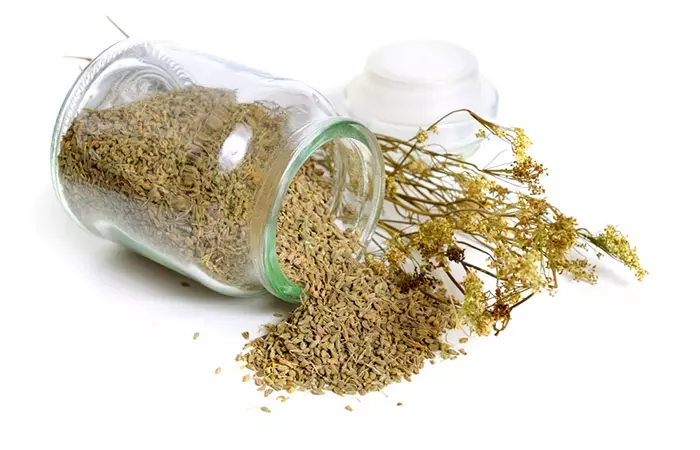
You can easily find anise seeds in your local grocery store. But read the product labels carefully while selecting. Look for the scientific name of anise or its image on the product, as one may often confuse star anise for anise. When stored in the refrigerator, grounded anise seeds can last for two to three years and whole seeds can last for three to four years. Store the seeds away from light and heat.
Anise is generally considered safe. But does it have any adverse effects?
Possible Side Effects
Consumption of anise is generally considered safe for most people. However, those allergic to tree nuts should avoid taking anise seeds. There is limited scientific research available on the side effects of anise. Also, not enough is known about the safety of anise during pregnancy and breastfeeding. Stay safe and avoid intake.
Anise is considered an estrogenic agent and may increase the risk of breast cancer in women with hormone-sensitive conditions (11), (28). As per another study, anise seed essential oil may interact with acetaminophen (a medication used to treat mild to moderate pain) (29). Anecdotal evidence also suggests that anise may react with hormonal medications and anticoagulants and increase the risk of bleeding. So, always consult a doctor before consuming anise, especially if you take any medication.
Infographic: Benefits Of Anise
Anise is an aromatic spice known for its unique aroma. It is loaded with many beneficial nutrients and, if included as a part of the diet, it can improve overall health.
The following infographic provides information about the benefits of anise. Check it out! Illustration: StyleCraze Design Team
The benefits of anise go beyond it being a pungent spice. This aromatic spice has a rich nutritional profile that lends it a wide range of health benefits. Anise may provide relief from menstrual pain, constipation, and menopausal symptoms. It may also help promote digestion, decrease bloating, and relieve abdominal discomfort. Anise is good for your mental health as it may act as an antidepressant and help induce sleep. Moreover, if you club it with fennel seeds, you may also enjoy enhanced fennel seed benefits. However, do take it in the prescribed dosage as its excessive use in any form may have side effects. Lastly, those who are allergic to tree nuts are recommended to avoid anise.
Frequently Asked Questions
Is anise toxic?
No. Anise, in moderate consumption, is safe. However, excessive consumption may harm people with hormone-sensitive medical complications.
Can you eat anise seeds raw?
Yes. A general rule of thumb is to use toasted anise seeds in savory recipes and raw anise seeds in sweet recipes.
Does anise raise blood pressure?
Possibly not. A research study on rats showed that anise extract reduced blood pressure by blocking calcium channels (30).
Does anise make you tired?
Possibly. Anise acts as a tranquilizer and has sedative properties that may make you feel tired and sleepy (7).
Are cumin and anise the same?
No. Anise is fresh with a licorice-like aroma, while cumin tastes earthy.
Is anise an antiviral?
Possibly. Anise contains three lignin-carbohydrate-protein complexes that showed antiviral activities against herpes simplex virus types 1 and 2, human cytomegalovirus, and measles virus (6).
Illustration: Anise Benefits For Health How To Use It & Nutrition
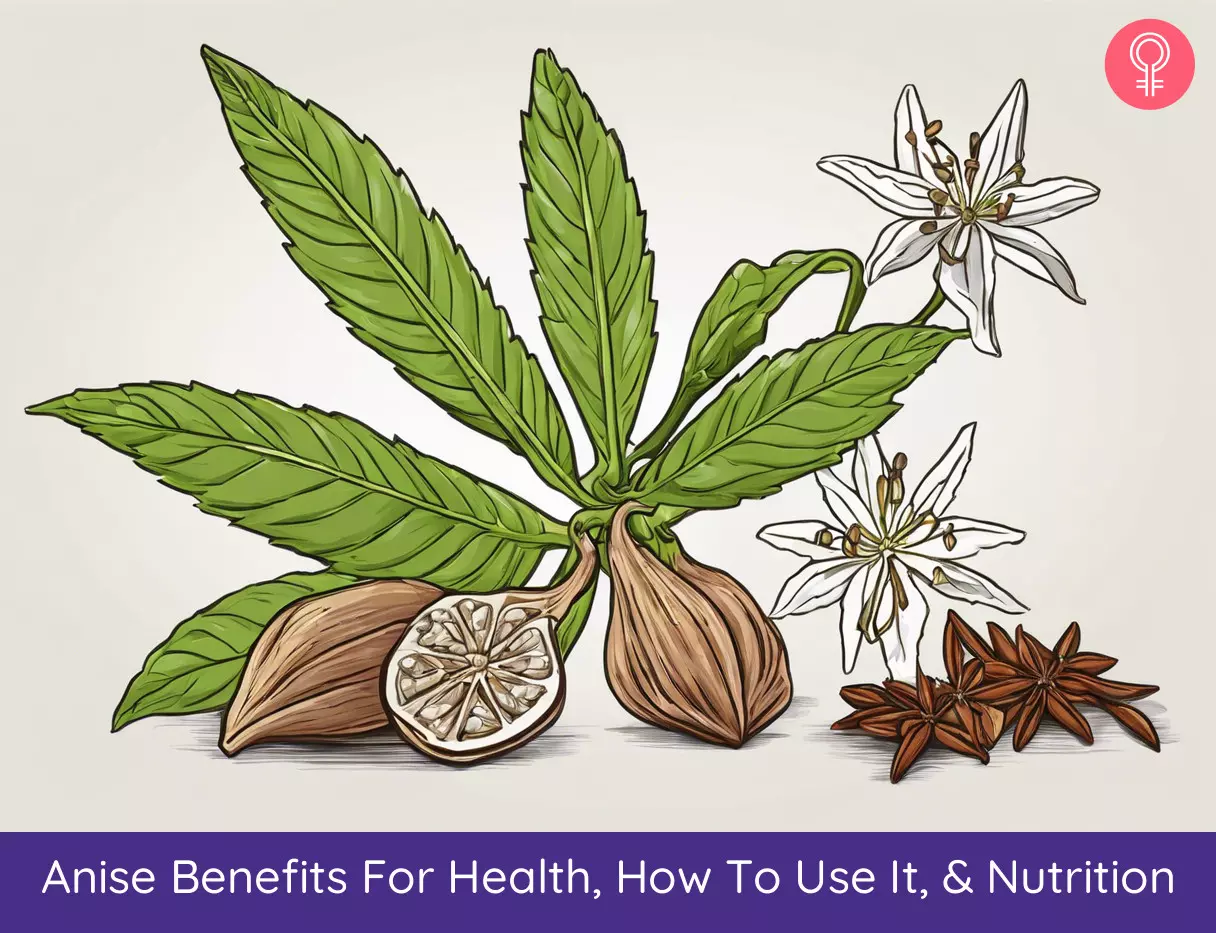
Image: Stable Diffusion/StyleCraze Design Team
Discover the incredible health benefits, fascinating nutrition facts, and medicinal uses of anise seed in this captivating video below. Dive into its aromatic world and unlock the secrets of this remarkable natural ingredient. So, check it out now!
References
Articles on StyleCraze are backed by verified information from peer-reviewed and academic research papers, reputed organizations, research institutions, and medical associations to ensure accuracy and relevance. Read our editorial policy to learn more.
- Randomized clinical trial of a phytotherapic compound containing Pimpinella anisum Foeniculum vulgare Sambucus nigra and Cassia augustifolia for chronic constipation
https://pubmed.ncbi.nlm.nih.gov/20433751/ - Efficacy and safety of enteric coated capsules of anise oil to treat irritable bowel syndrome
https://pubmed.ncbi.nlm.nih.gov/27815079/ - Pimpinella anisum in the treatment of functional dyspepsia: A double-blind randomized clinical trial
https://www.ncbi.nlm.nih.gov/pmc/articles/PMC4354059/ - Aqueous suspension of anise “Pimpinella anisum” protects rats against chemically induced gastric ulcers
https://www.ncbi.nlm.nih.gov/pmc/articles/PMC4146877/ - The effect of an Iranian herbal drug on primary dysmenorrhea: a clinical controlled trial
https://pubmed.ncbi.nlm.nih.gov/19720342/ - Review of Pharmacological Properties and Chemical Constituents of Pimpinella anisum
https://www.ncbi.nlm.nih.gov/pmc/articles/PMC3405664/ - Evaluation of antidepressant-like effects of aqueous and ethanolic extracts of Pimpinella anisum fruit in mice
https://www.ncbi.nlm.nih.gov/pmc/articles/PMC4930539/ - Effectiveness of Anise Oil for Treatment of Mild to Moderate Depression in Patients With Irritable Bowel Syndrome
https://www.ncbi.nlm.nih.gov/pmc/articles/PMC5871202/ - Menopausal Symptoms and Their Management
https://www.ncbi.nlm.nih.gov/pmc/articles/PMC4890704/ - The Study on the Effects of Pimpinella anisum on Relief and Recurrence of Menopausal Hot Flashes
https://www.ncbi.nlm.nih.gov/pmc/articles/PMC3813162/ - Fennel and anise as estrogenic agents
https://www.sciencedirect.com/science/article/abs/pii/S0378874180810154?via%3Dihub - Estrogenic activity of isolated compounds and essential oils of Pimpinella species from Turkey evaluated using a recombinant yeast screen
https://pubmed.ncbi.nlm.nih.gov/15368661/ - Osteoporosis management in post-menopausal women
https://pubmed.ncbi.nlm.nih.gov/22635014/ - Evaluation of the Anti-Diabetic Activity of Some Common Herbs and Spices: Providing New Insights with Inverse Virtual Screening
https://www.ncbi.nlm.nih.gov/pmc/articles/PMC6891552/ - Anethole and Its Role in Chronic Diseases
https://pubmed.ncbi.nlm.nih.gov/27771928/ - Trans-anethole a terpenoid ameliorates hyperglycemia by regulating key enzymes of carbohydrate metabolism in streptozotocin induced diabetic rats
https://pubmed.ncbi.nlm.nih.gov/25708856/ - Antifungal activity of fluid extract and essential oil from anise fruits (Pimpinella anisum L Apiaceae)
https://pubmed.ncbi.nlm.nih.gov/16375827/ - Essential Oils and Antifungal Activity
https://www.ncbi.nlm.nih.gov/pmc/articles/PMC5748643/ - Anethole inhibits growth of recently emerged multidrug resistant toxigenic Vibrio cholerae O1 El Tor variant strains in vitro
https://www.ncbi.nlm.nih.gov/pmc/articles/PMC4478732/ - Anethole a Medicinal Plant Compound Decreases the Production of Pro-Inflammatory TNF-α and IL-1β in a Rat Model of LPS-Induced Periodontitis
https://www.ncbi.nlm.nih.gov/pmc/articles/PMC4232798/ - Review of Pharmacological Properties and Chemical Constituents of Pimpinella anisum
https://www.hindawi.com/journals/isrn/2012/510795/ - Interventions for managing halitosis
https://www.ncbi.nlm.nih.gov/pmc/articles/PMC6905014/ - Anti-carcinogenic and Anti-bacterial Properties of Selected Spices: Implications in Oral Health
https://www.ncbi.nlm.nih.gov/pmc/articles/PMC4641982/ - Alternative remedies for insomnia: A proposed method for personalized therapeutic trials
https://www.researchgate.net/publication/315416311_Alternative_remedies_for_insomnia_A_proposed_method_for_personalized_therapeutic_trials - Prevention and Treatment of Flatulence From a Traditional Persian Medicine Perspective
https://www.ncbi.nlm.nih.gov/pmc/articles/PMC4893422/ - Spices anise seed
https://fdc.nal.usda.gov/fdc-app.html#/food-details/171316/nutrients - Anise
https://www.ncbi.nlm.nih.gov/books/NBK501776/ - THE ROLE OF ESTROGEN IN THE INITATION OF BREST CANCER
https://www.ncbi.nlm.nih.gov/pmc/articles/PMC1832080/ - Pharmacokinetic Herb-Drug Interaction between Essential Oil of Aniseed (Pimpinella anisum L. Apiaceae) and Acetaminophen and Caffeine: A Potential Risk for Clinical Practice
https://pubmed.ncbi.nlm.nih.gov/26619825/ - Preclinical investigation of the cardiovascular actions induced by aqueous extract of Pimpinella anisum L. seeds in rats
https://pubmed.ncbi.nlm.nih.gov/30904702/
Read full bio of Aakriti Arora
Read full bio of Sindhu Koganti
Read full bio of Ravi Teja Tadimalla
Read full bio of Payal Karnik






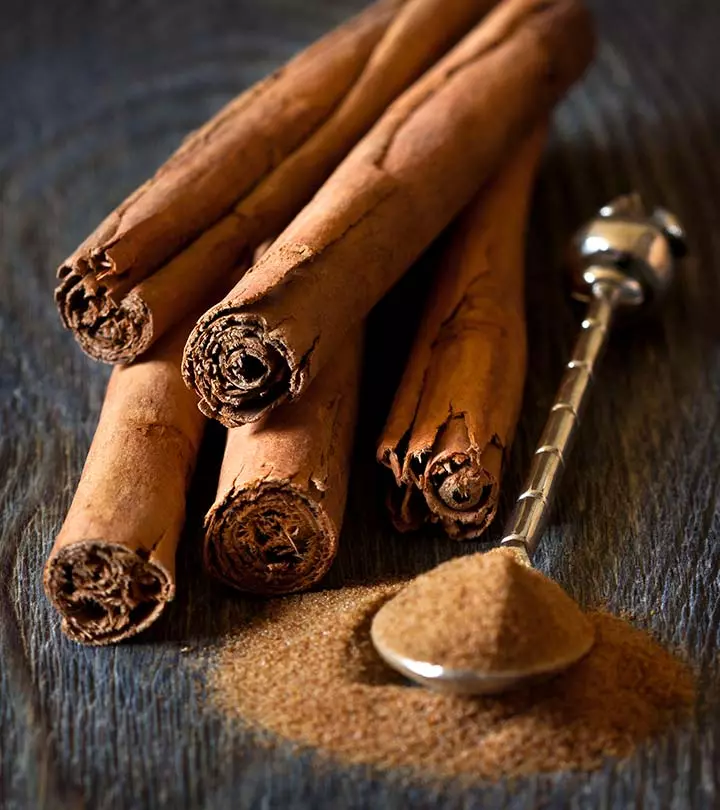
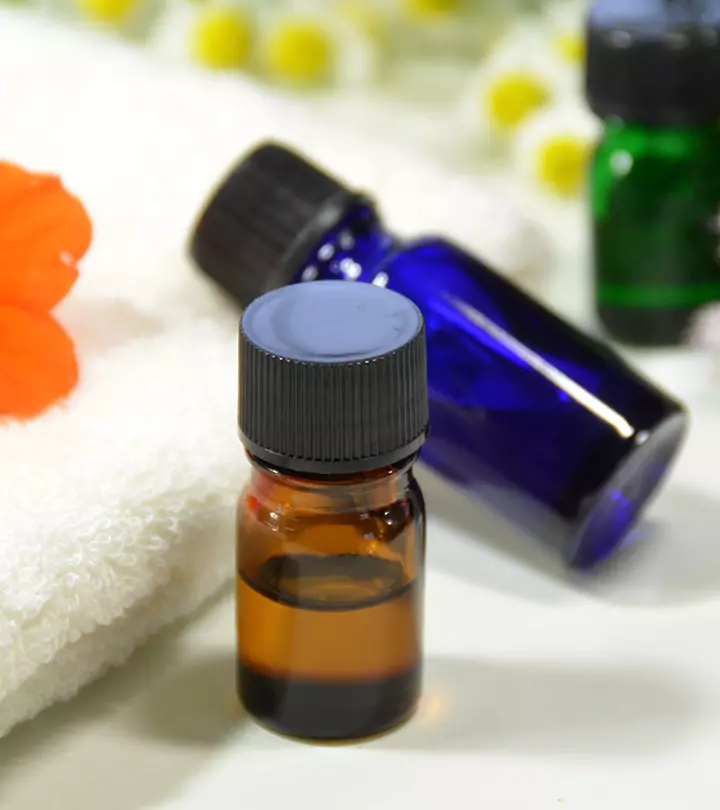
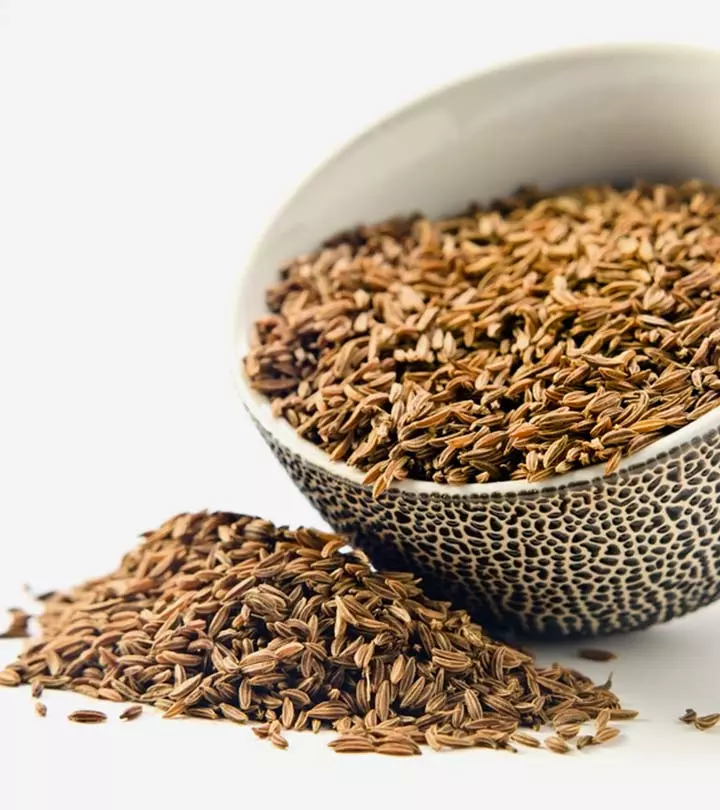
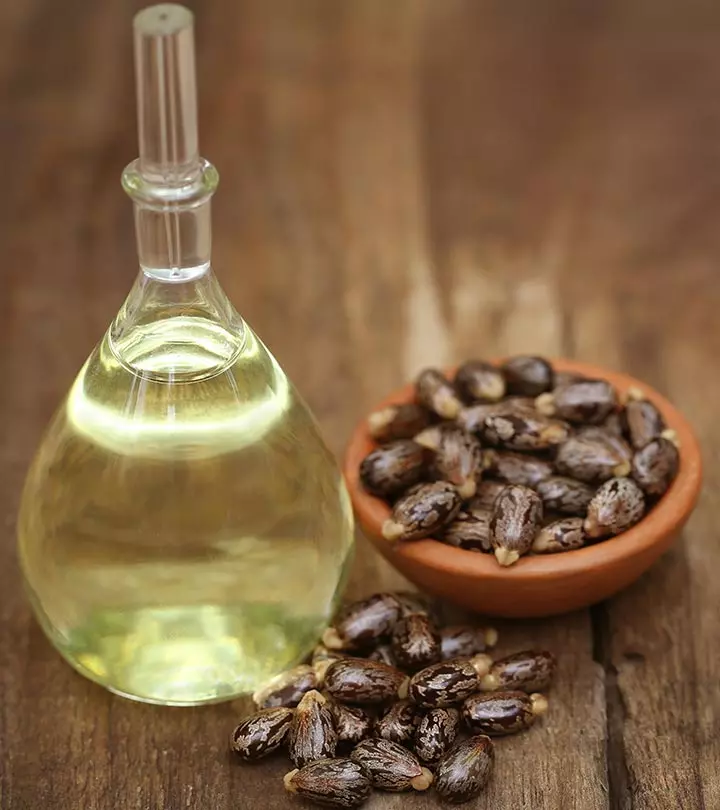
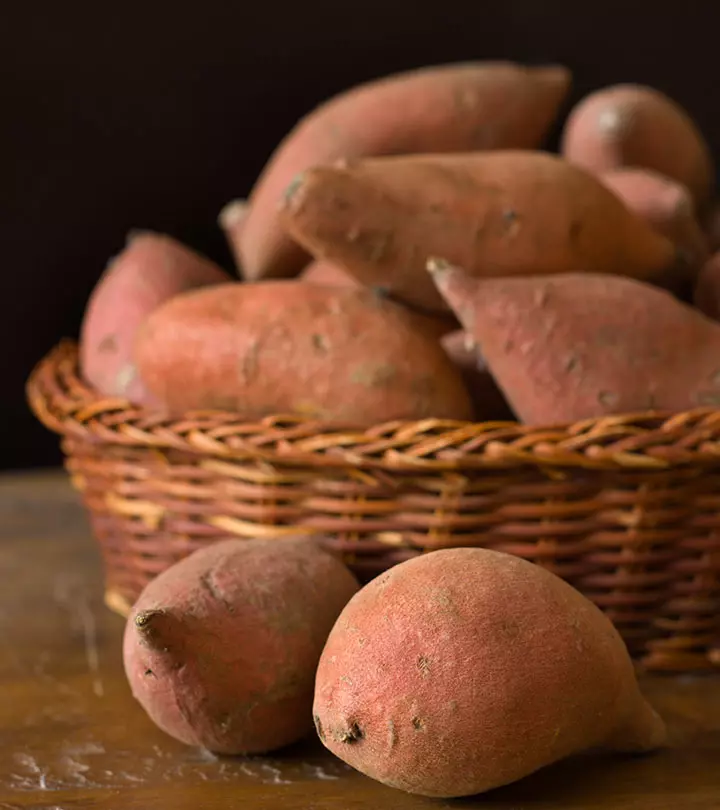
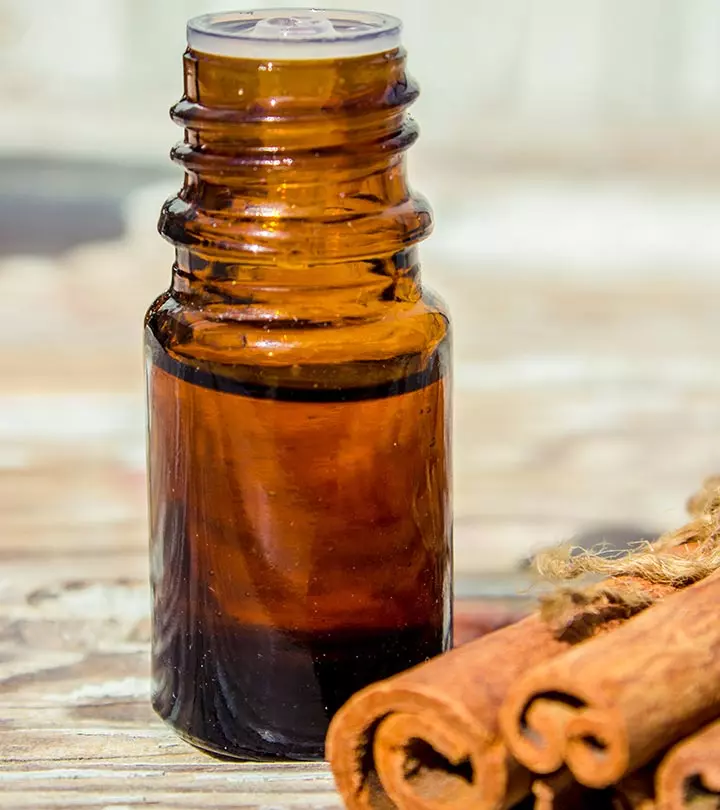

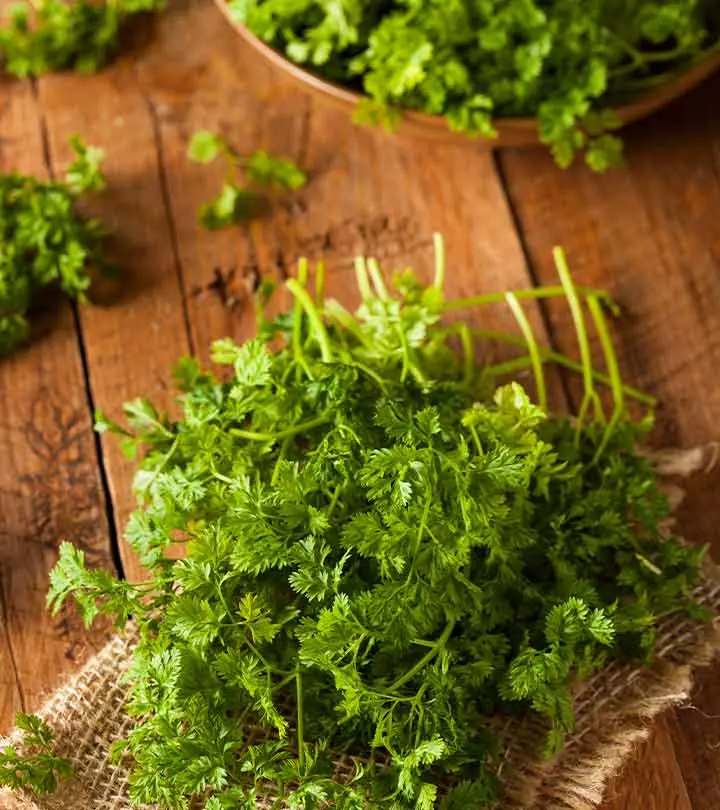

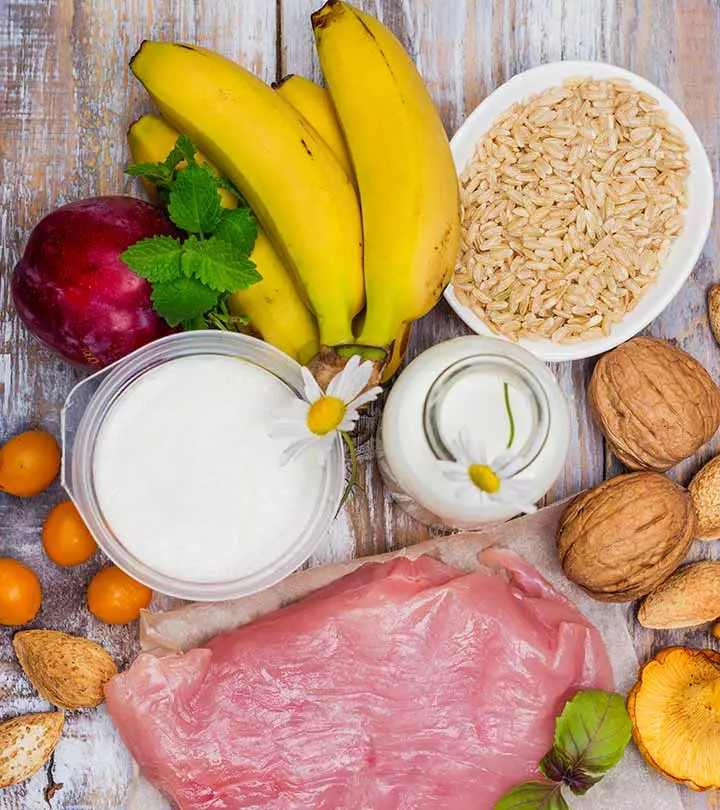
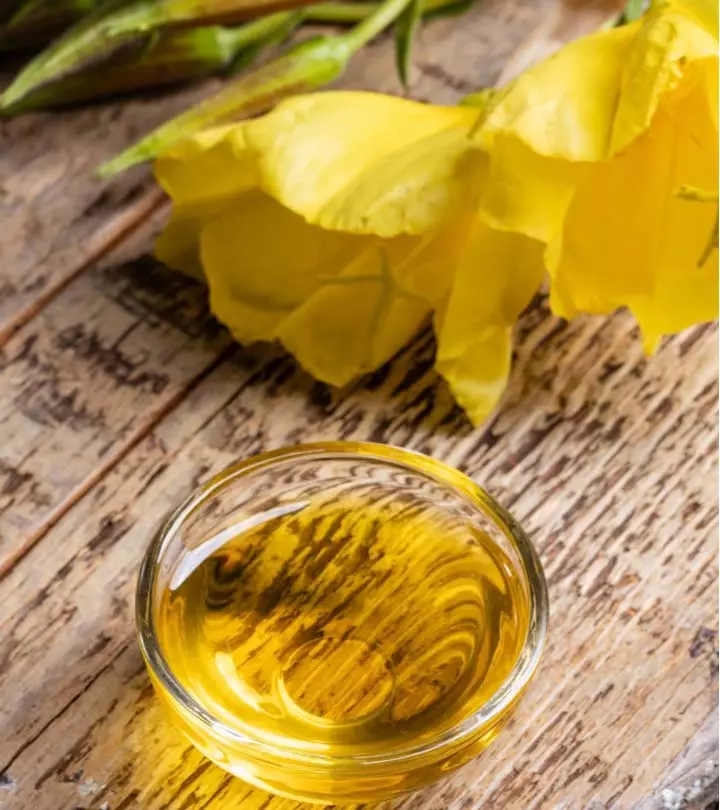
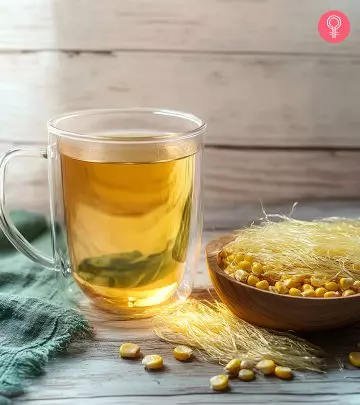


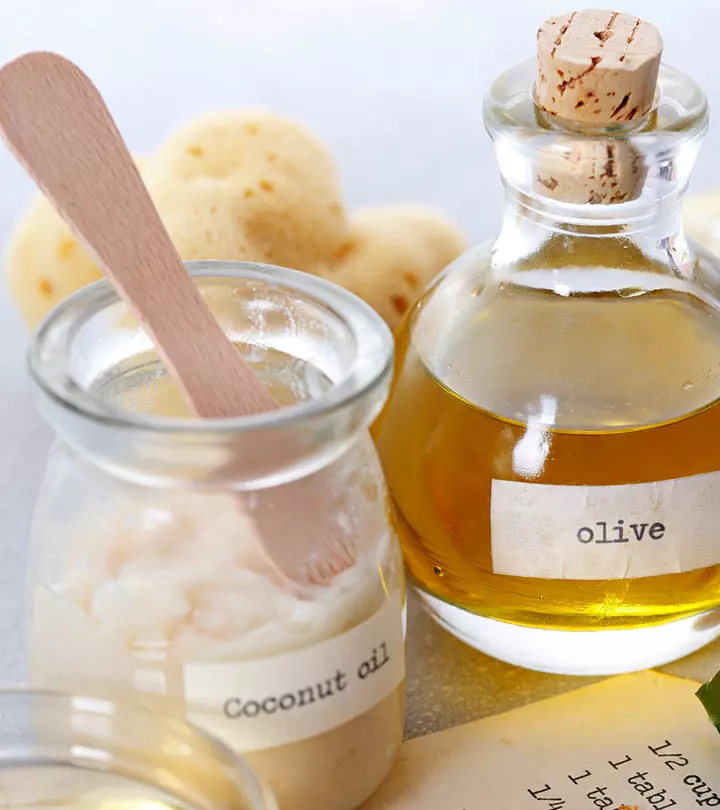
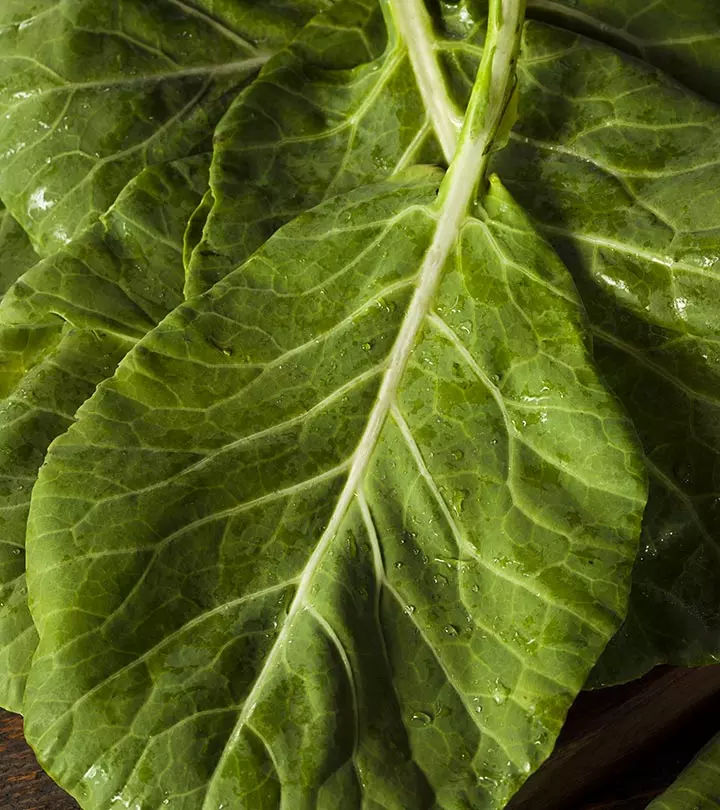
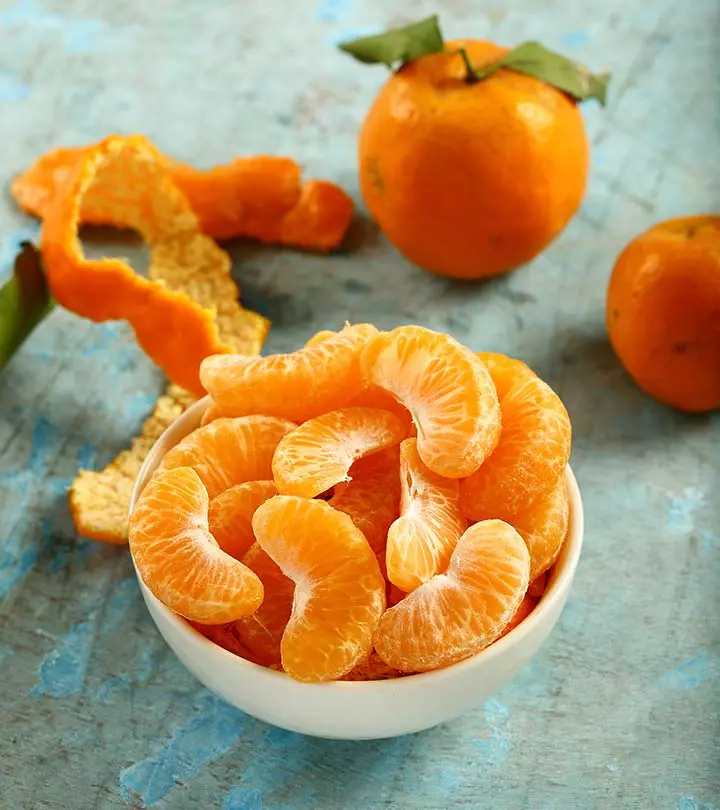
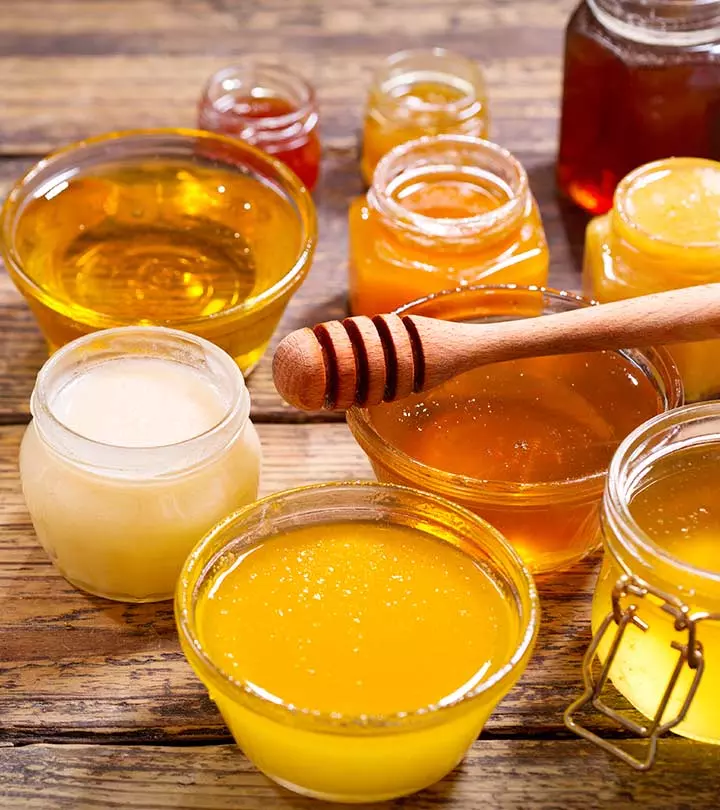
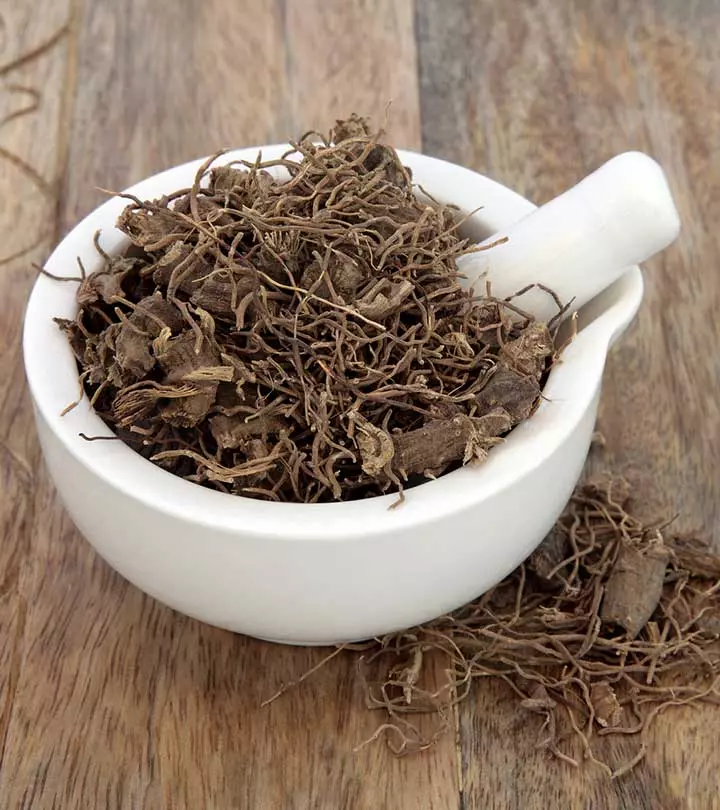
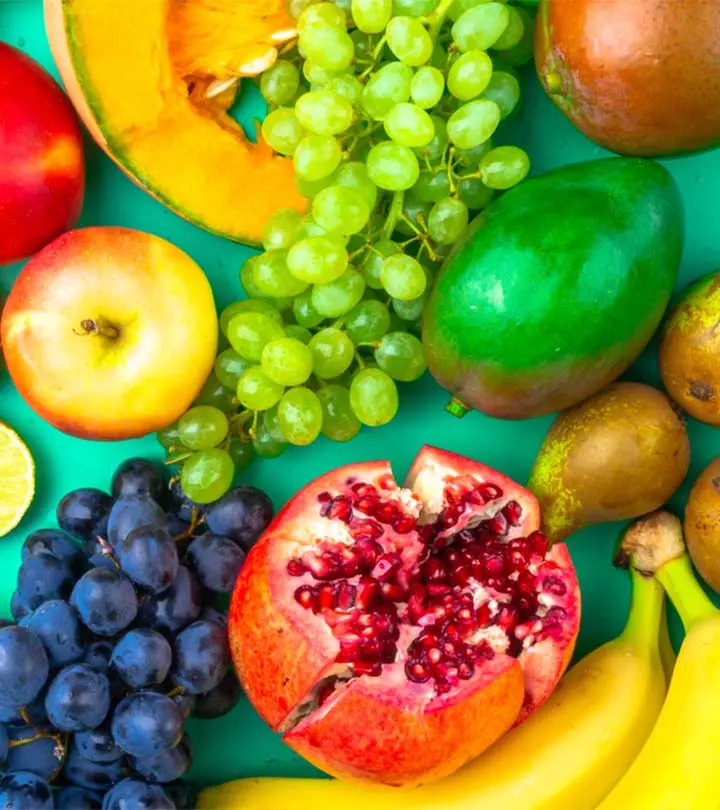

Community Experiences
Join the conversation and become a part of our empowering community! Share your stories, experiences, and insights to connect with other beauty, lifestyle, and health enthusiasts.